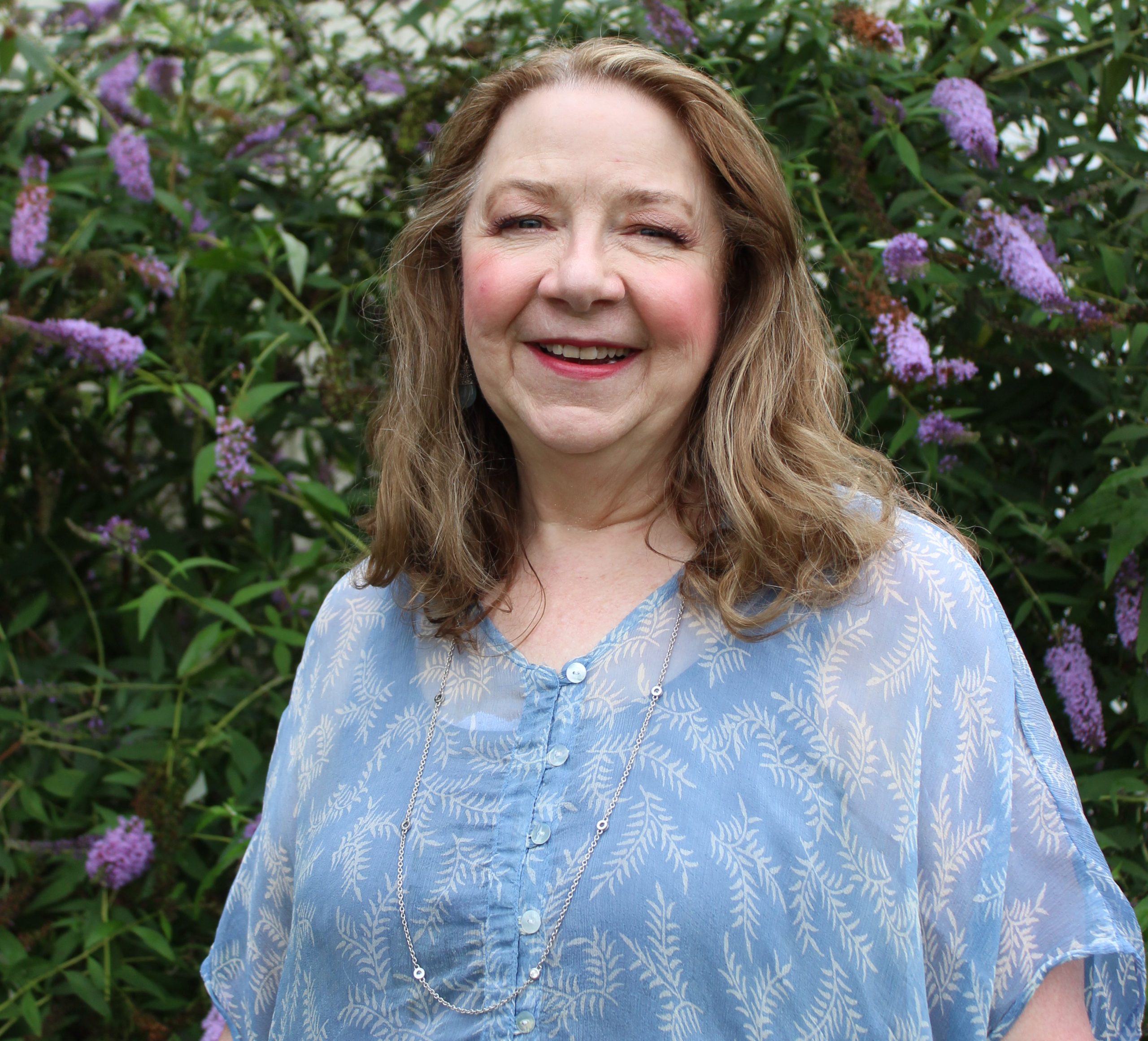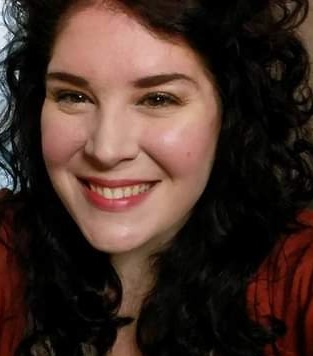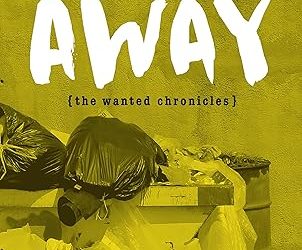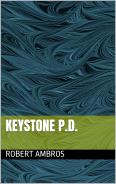Tell us about yourself.: I'm a journalist, humanitarian reporter, bestselling and award-winning author, creativity coach, and mom to adult children. As a researcher and writer for National Geographic and Kiplinger, and later, working 25 years for the...
*Author Interviews
Featured Author Interview: Janice Rostron
Tell us about yourself.: I am a Professional Organizer and the owner/operator of Just Focus and Reorganize, LLC (JFR). I started playing guitar as a shy, introverted 12-year-old. In my late twenties, I tackled my stage fright and joined a band. I have since played...
Featured Author Interview: Kristina Elyse Butke
Tell us about yourself.: I'm Kristina and I'm a YA fantasy author based out of Ohio. I'm originally from Flushing, Queens, and I've lived in both Wales and Japan at different parts in my life, which shapes the stories that I write. Where did you...
Featured Author Interview: Sarah Alserhaid
Tell us about yourself.: My name is Sarah Alserhaid, debunking reality and challenging (and scientific) norms is what I do every day. As a biochemist by trade and a lifelong storyteller by nature, working in innovative scientific research gives me an eclectic way of...
Featured Author Interview: Mike Sherer
Tell us about yourself.: I have published 5 novels and 7 novellas and 32 short stories traditionally. Also, a screenplay I wrote was produced, released direct to DVD, and is currently available for streaming. Where did you grow up, and how did this influence your...
Featured Author Interview: Julie Rogers
Tell us about yourself.: My love for writing started in high school with a first-place award in a themed essay competition. Born with a hearing impairment and congenital abnormalities from rubella, I've always valued the power of the written word and developed...
Check out one of our featured posts!
Featured Post: Do You Believe in Monsters? | Dark Circles Book 2 by Jim Melvin
Jim is the author of nine award-winning novels, three novelettes, and thousands of magazine and news articles. He now lives in a valley surrounded by mountains in the Southern Appalachians. He was previously an award-winning journalist at several national newspapers and a communications director at Clemson University.
Jim grew up on the shores of western Florida where he spent much of his childhood swimming in shark-infested waters long before the movie “Jaws” put a scare into everyone. At the time, he probably was too skinny to attract a bull shark’s attention. About ten other boys Jim’s age lived on his same street, and they hung out morning, noon and night playing the usual sports that young boys love — football, baseball, “kill the carrier,” etc. — but as a group they also played fantastical games that contained magic, monsters and superheroes. It was in this setting that Jim’s imagination was born and nurtured.
FEATURED: Sexting My Ex’s Dad by Liz Archer
About Featured Book: Sexting My Ex's Dad by Liz Archer What’s the best way to get over your ex? By drunk sexting his dad… And getting under him. In my defense, I thought I was texting my friend. If I knew my ex’s dad was on the other side, reading every single word, I...
Featured Post: Will’s Trusty Guide to Wills and Trusts: Protect Your Assets, Secure Your Legacy, and Keep the Government Out of Your Pockets by Will Worsham
Christ Follower, husband, father, entrepreneur, lawyer, 4th-degree black belt, and nationally certified instructor.
Affiliated with the American Taekwondo Association, chef, and local media personality.
Creator of MissouriTrafficTickets.com (the world’s first online legal service, launched on 9/6/2002), EvictionsQuick.com, MyMissouriLLC.com, and Simple-Trust.com.
Municipal judge for over 20 years and former prosecutor.
FEATURED: The Executive’s Secret by Andrew M. Semple
About Featured Book: The Executive’s Secret by Andrew M. Semple The Executive's Secret Secrets at Every Turn: A Life Shrouded in Duality On the surface, Alex Banner lives the life of a successful business executive, a man who juggles family obligations with the...
FEATURED: The Ultimate Frame by Andrew M. Semple
About Featured Book: The Ultimate Frame by Andrew M. Semple Buried Truths and Deadly Secrets A cryptic email, a chilling discovery, and a life crumbling before his eyes—John Roberts never imagined how quickly everything he knew could unravel. He stumbled into the...
FEATURED: How I Accidentally Turned My Kids Into Financially Entitled Monsters by Andrew Lendnal
About Featured Book: How I Accidentally Turned My Kids Into Financially Entitled Monsters by Andrew Lendnal Transform Your Parenting Tactics for Financially Mindful Kids Are you worried that your child's understanding of money might be shaping into a problematic...
Featured Post: Thrown Away by Sheldon D. Newton
Sheldon D. Newton is a resident of the Bahamas. He is an author, pastor, international speaker, and a Senior Lecturer at Berea Theological University. He has written over forty books, which include three novels; Thrown Away, Genna’s Fight & Genna’s Ghost. He loves writing, reading, and sharing principles which enable people to live lives of purpose and fulfillment.
FEATURED: Vegas Daddies by Liz Archer
About Featured Book: Vegas Daddies by Liz Archer What happens in Vegas stays in Vegas… Until you wake up married to three dangerous silver fox bikers. My fiancé dumped me during my bachelorette party. So when three hot bikers offer to make me forget, I did what anyone...
Featured Post: The Caregiver’s Path to FREEDOM: Simplify Your Home, Ease Your Stress, and Take Back Your Life by Rebecca Hartman
Rebecca Hartman is an author and former landscape architect with a BS from Ohio State University. Her debut book, Stepping Stones to Harmony: A Caregiver’s Guide to Home Organization, Downsizing, and Moving (December 2024), draws from her personal experience balancing care for her aging mother while homeschooling her son. The book, along with its companion workbook, applies her design expertise to help overwhelmed caregivers create more manageable home environments. It is available through major retailers, including Amazon, Barnes & Noble, Apple Books, and Kobo.
Featured Post: Keystone P.D. by Robert Ambros
Robert Ambros was born in Passaic, New Jersey in 1959. His first novel, The Brief Sun, was based on his parents’ WWII experiences in Siberian labor camps and won the 10th annual Writer’s Digest International Book Award for best genre fiction. His second historical novel, When Eagles Die, explored the effects of posttraumatic stress disorder on future generations. This was followed by a murder mystery in a WWII setting, Griffith Stadium. He lives in Central Florida.
















